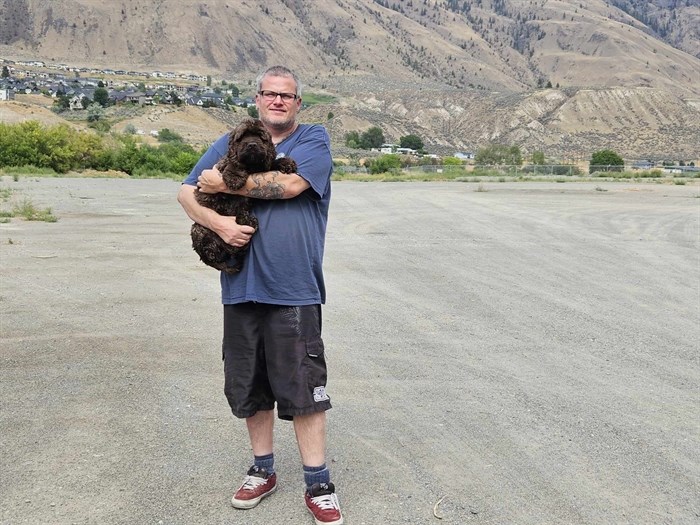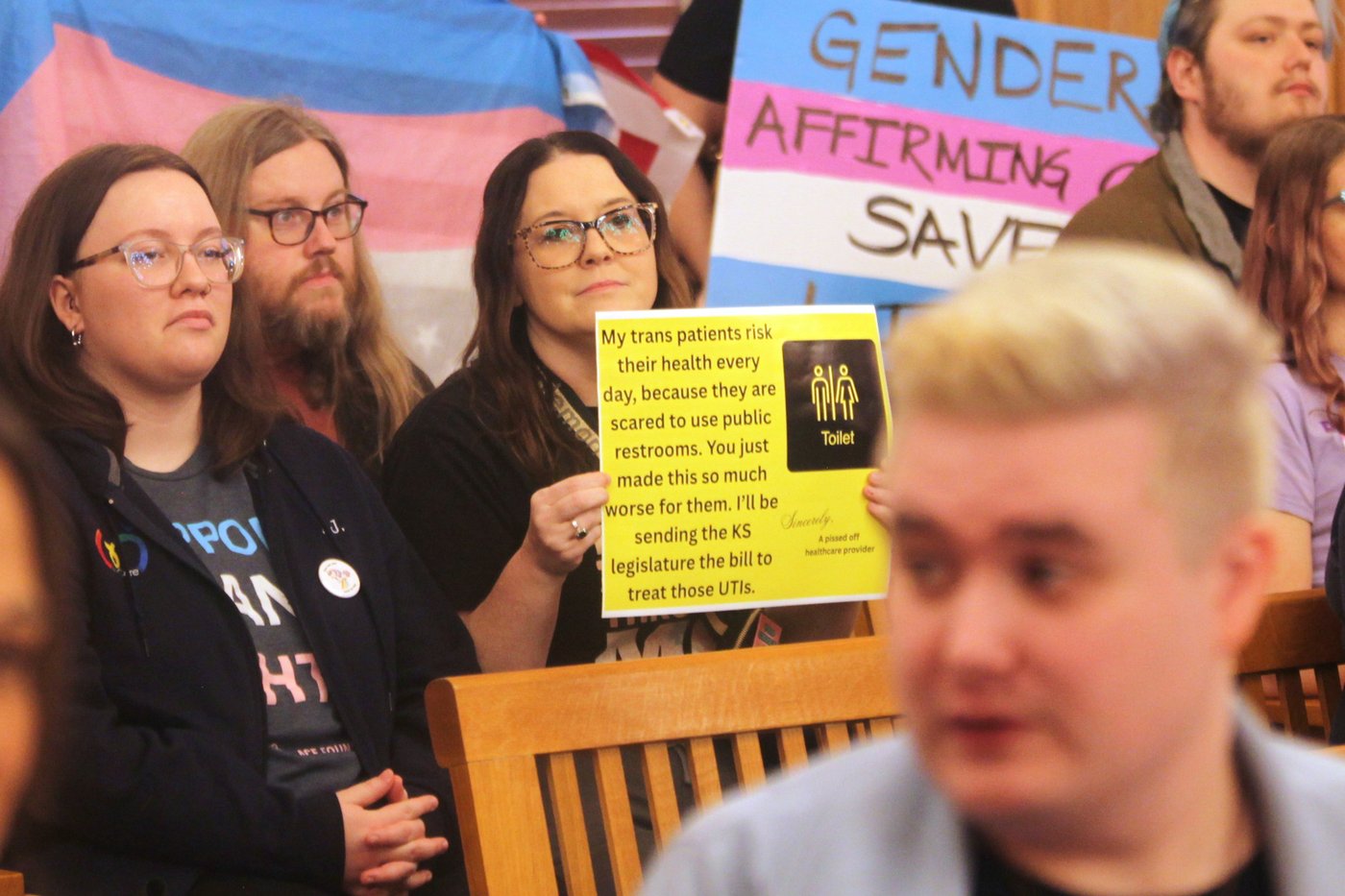Kamloops man's innovative solution to housing, drug crises gains ground, literally

Kamloops university student Trevor Starchuk designed a first-of-its-kind housing and treatment model to address the growing drug crisis and his fight against the poisoned drug crisis has taken a major step forward. He just secured a six-acre parcel of land for the project.
Located at 1740 Kelly Douglas Rd., the property is a flat, gravel covered lot with a few storage bins on it, situated along the South Thompson River. His vision for the space looks much different.
“The site includes five different treatment wings centred around a commons area,” Starchuk told iNFOnews.ca, Aug. 20. “It will be kept clean and have plants, skylights and nice places to sit. There will be nature elements, and the river runs along it which is important for healing, and it’s close enough to town for services.”
A recovered drug addict himself, his treatment model is the accumulation of his lived experience and five years of researching substance-use disorders and health-care systems while working toward his degree in social work at Thompson Rivers University.
“The drug crisis is just getting bigger and what we’re doing isn’t working,” he said. “Current programs are too short with high rates of relapse and clients ending up back on the street.”
Starchuk’s model is an inclusive healing community where the substance user would be safely housed and supported through five phases of recovery from harm reduction to detox, intensive treatment, supported recovery and ultimately social housing.
READ MORE: Kamloops man takes back riverbank from homeless encampments
Residents would remain living in the community even if they relapse, moving up and down through phases of care as they heal.
“Everything is treated as a learning opportunity where people are given a long time to heal and pick up tools to deal with the cause of relapses,” he said.
The model would provide a centre where all current systems of care work together leaving no gaps in services. According to Starchuk’s preliminary research, the model could potentially result in a 79.4 per cent reduction in homelessness.
Starchuk has created a detailed blueprint for the model he isn’t releasing to the public yet. His next step forward is to get the site rezoned. He has been attending ongoing meetings with community partners potential partners to work on funding.
READ MORE: How the homeless community is faring after a Kamloops shelter closed
He's happy with the location across the river from Tk?emlúps te Secwépemc and the Powwow grounds.
“The Indigenous population is over represented when it comes to homelessness and overdoses,” Starchuk said. “Being across the river from the band is optimal for healing, and they are working with us and are going to share some of their resources with us. They are building a healing lodge and we’ll have access to that.”
He will need help from Interior Health Authority and the First Nations Health Authority to provide the health-care services and BC Housing to provide the funding to build it.
READ MORE: Kamloops mom fights for autism assessment for young son
Starchuk is the founder of Loud Voice Society, a collective of community professionals working to address the harms associated with substance use and homelessness that includes professors, health clinicians and substance-use councillors.
Earlier this year, he received an outstanding student proposal award through the Canadian Association for Social Work Education. In June, he presented his model at the Congress 2024 conference at McGill University.
One of Starchuk’s long-term goals for the treatment community model is to become an effective model for other cities struggling with the drug crisis.
— This article was corrected at 3:47 p.m. Thursday, Aug. 21, 2024, to say a rezoning application has not been submitted.
To contact a reporter for this story, email Shannon Ainslie or call 250-819-6089 or email the editor. You can also submit photos, videos or news tips to the newsroom and be entered to win a monthly prize draw.
We welcome your comments and opinions on our stories but play nice. We won't censor or delete comments unless they contain off-topic statements or links, unnecessary vulgarity, false facts, spam or obviously fake profiles. If you have any concerns about what you see in comments, email the editor in the link above. SUBSCRIBE to our awesome newsletter here.



